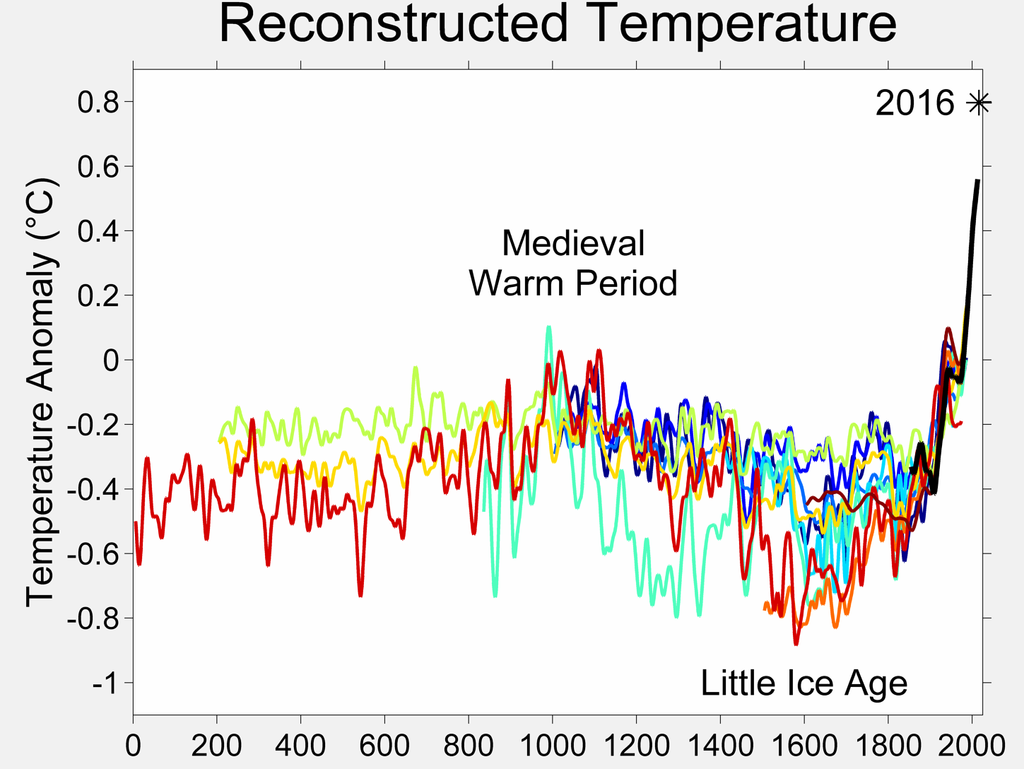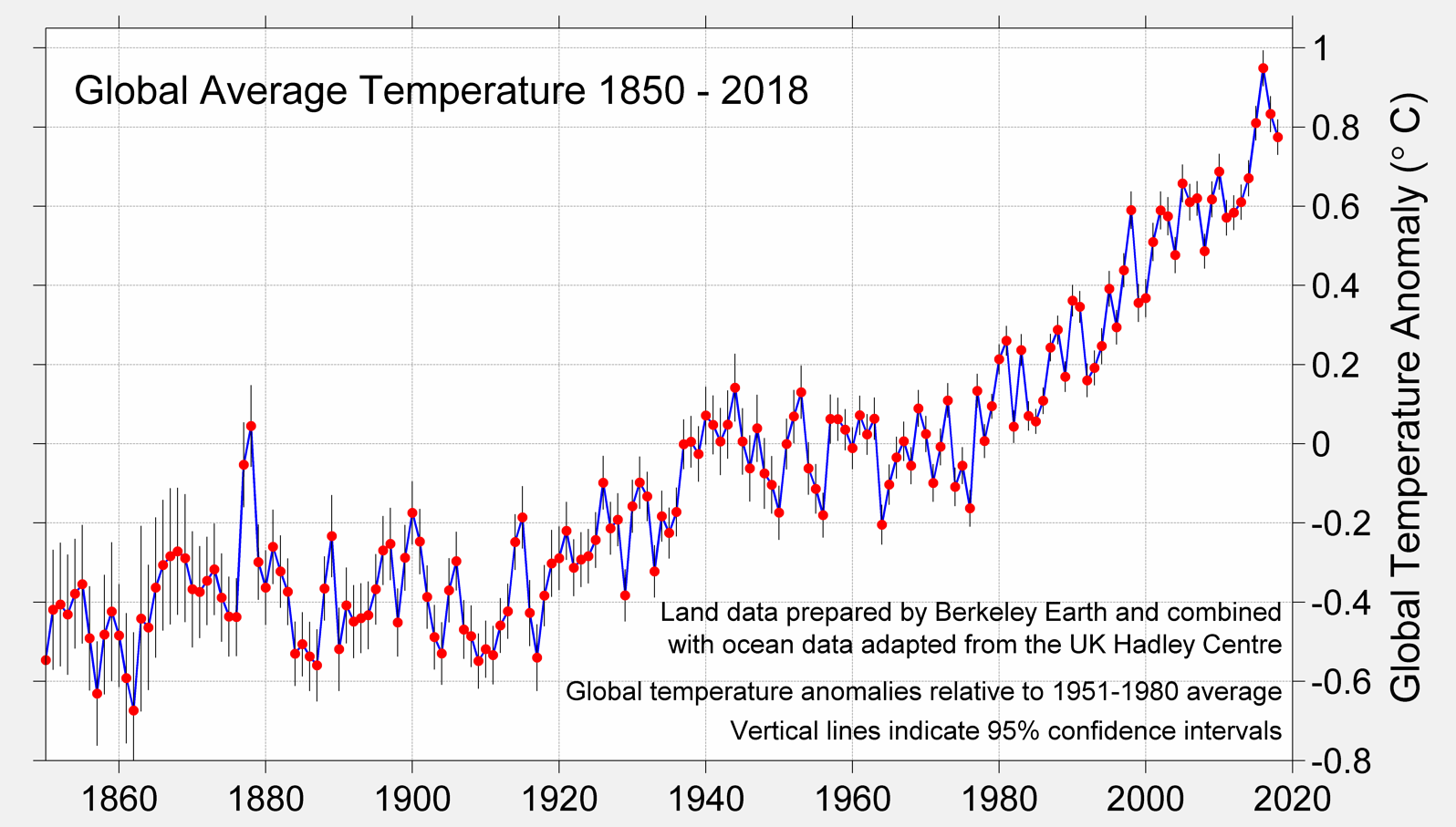The data Lomborg gives is based on the IPCC results and on Nordhaus work (Nobel Prize). No distorted data, being shouted by ideologues completely dominated by hatred and ideology, can be compared to that.
Let us stick to good quality data: IPCC, Nordhaus. The rest is (worse than) noise.
So you are resorting to an argumentum ab auctoritate, a type of logical fallacy. There is no Nobel Prize in climatology. William Nordhaus is an economist, and if you knew him at all, you'd know that he was rewarded by a Nobel Prize for ringing the alarm bells about the potentially catastrophic impacts of climate change. Bjorn Lomborg just picks and chooses data to try to contradict Nordhaus, which he does very poorly, as I explained above.




